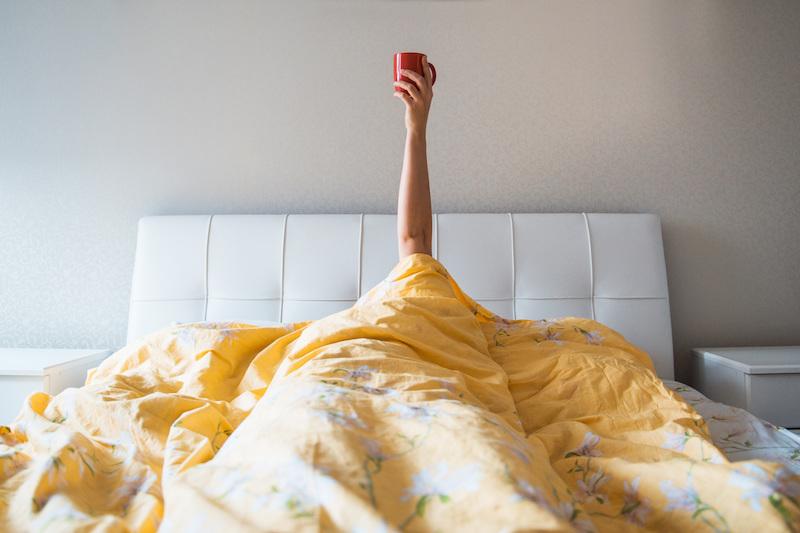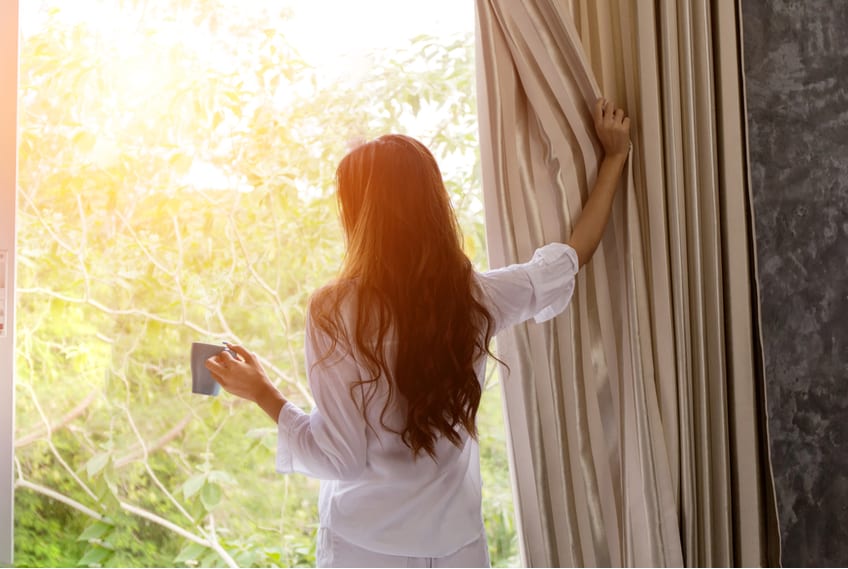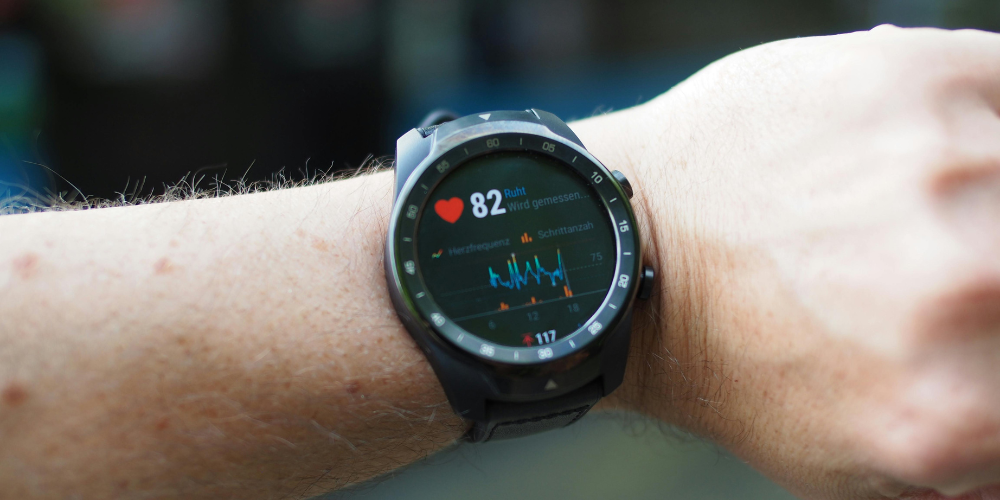For night owls, there’s definitely something comforting about the wee hours of the day when you can do anything you want – for some this may be the time to binge-watch shows on Netflix, to read a book if you’re a bookworm, to create art, or to finish all the projects you’ve been assigned with. You believe that sleep is for the weak, which is used as an excuse to justify the late-night sleeping. It has happened to all of us at least one point in our lives when we have to snooze the alarm a couple of times, of course, “unconsciously,” then wake up to find that we’re late for an early morning appointment.

Strava Craft Coffee | If you dread hearing the morning alarm because you’re a night owl, there are ways that can make you an early riser
When we finally manage to fight the urge to sleep and rise from our ever-tempting bed, we feel lethargic, then, enter coffee. Sometimes we become so dependent on a cup of joe to wake us up that we forget that anything too much is bad for our health – there are palpitations, anxiety, and even irritability, some signs of overconsuming caffeine. So with these things in mind, you finally decide to become an early riser. But could a night owl really transform to become an early bird?
Impact of Genetics
It turns out that there’s some science behind this. Genetics may have a role in everyone’s habits of becoming a night or morning person, as many studies have suggested. Psychologist Paulette Sherman said experts had found over 300 places that impact the genome that affect our sleeping patterns. Moreover, scientists discovered that it was because of the genetic code that people’s brains react differently to light.
Those who stay up late may probably be more left-brained, or those who are said to be more logical and analytical, while those who wake up early are right-brained, which means they are more intuitive and imaginative. With all these, you may now think that turning over a new leaf this year may be impossible, but wait, there’s still a silver lining.
Although genetics has a hand in our sleeping habits, there is still a chance for us to change. Sherman explained that as per other studies, only less than 50 percent of the chronotype is inherited, meaning to say you can still alter your ways to your advantage. Sunlight is the first and biggest factor that has an impact on your circadian rhythm, so you can start by doing some exercises to help yourself train for the major shift.
Light as a Primary Factor
Because you can’t practically do the transformation in just one day, there are some minor changes you can incorporate in your daily undertakings so that your body may get used to the routine. University of Washington neurology professor Nate Watson said that the light is the best way to trick yourself into the shift and advised that you should catch sunlight right after waking up early. He said that the brighter you are exposed to, the better and he clarified that this also works indoors.

Top5 Mattresses | Experts advised basking in the morning light as much as possible
The night before you sleep, it is best that you tell your brain to prepare for an early rise. Of course, you can keep this in mind but you literally cannot ask your brain to wake you up in time – but what you can do is to get a good night's sleep so your body can get enough rest. The quality of sleep you get is crucial as well in your journey to become a morning person.
Other Steps to Becoming a Morning Person
As for your food intake, just make sure that you don’t drink coffee at least five hours before you intend to doze off. This is because coffee stays in the body for a couple of hours and you don’t need to be wide awake and alert during nighttime. Do you know what helps you sleep? Being in a relaxed state before hopping off to bed. To do this, you can read a good book or meditate to calm yourself, nutrition coach Hilary Hinrichs said.

Power Technology | Avoid staring at screens like your phone or TV at least an hour before bedtime
Lastly, ditch off-screen habits just before sleeping. We know, Netflix and bed totally go well together but experts recommend you take some time off of the screen at least an hour before you plan to visit Dreamland.








